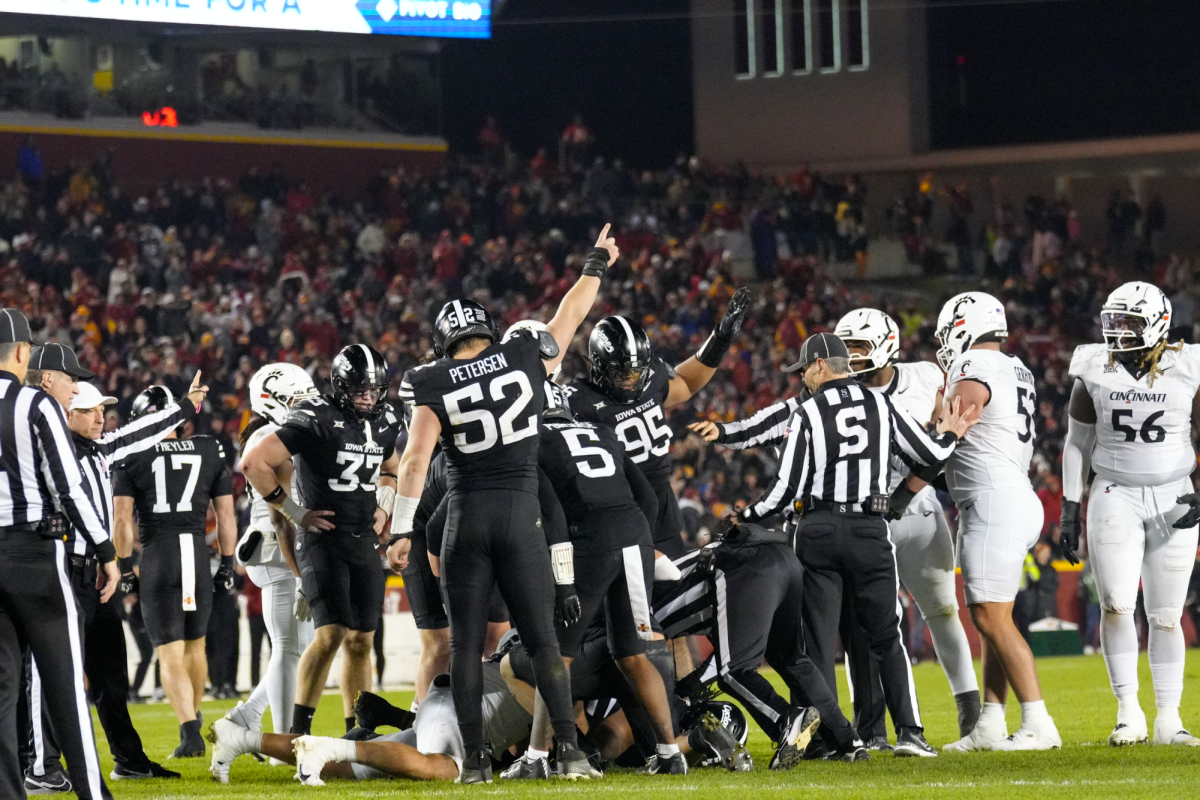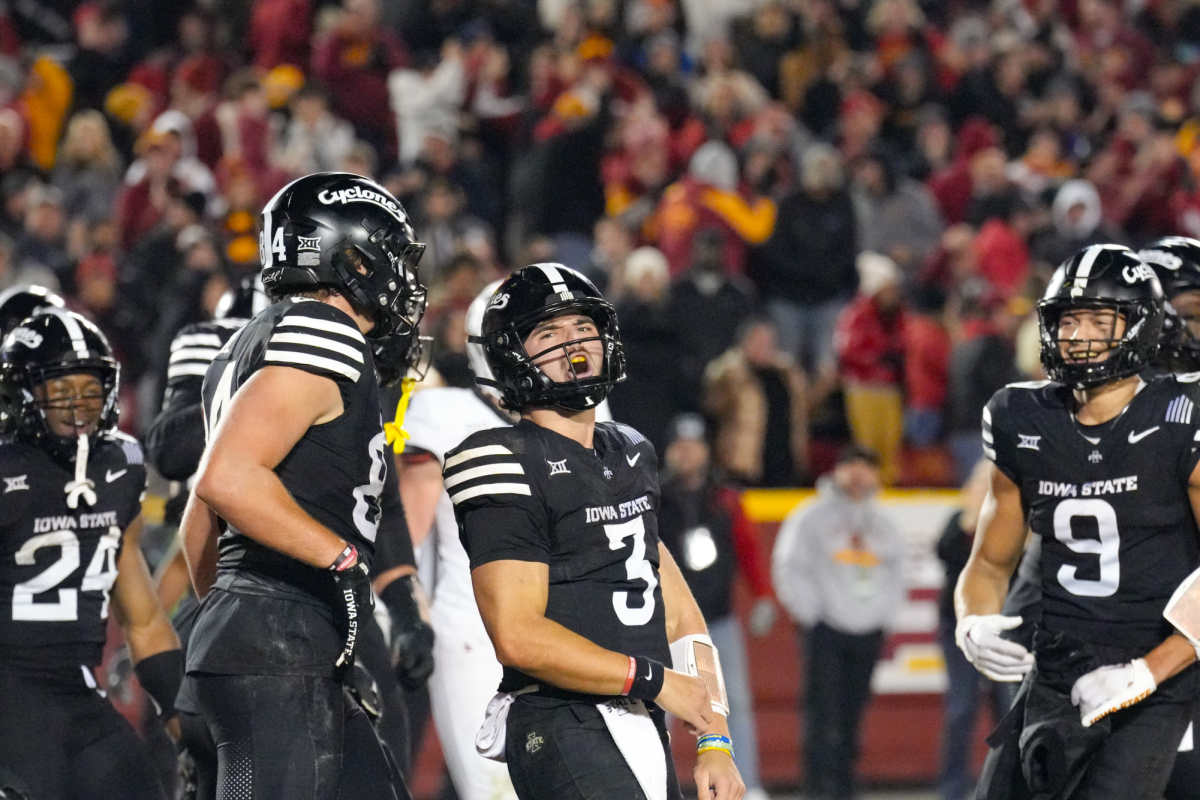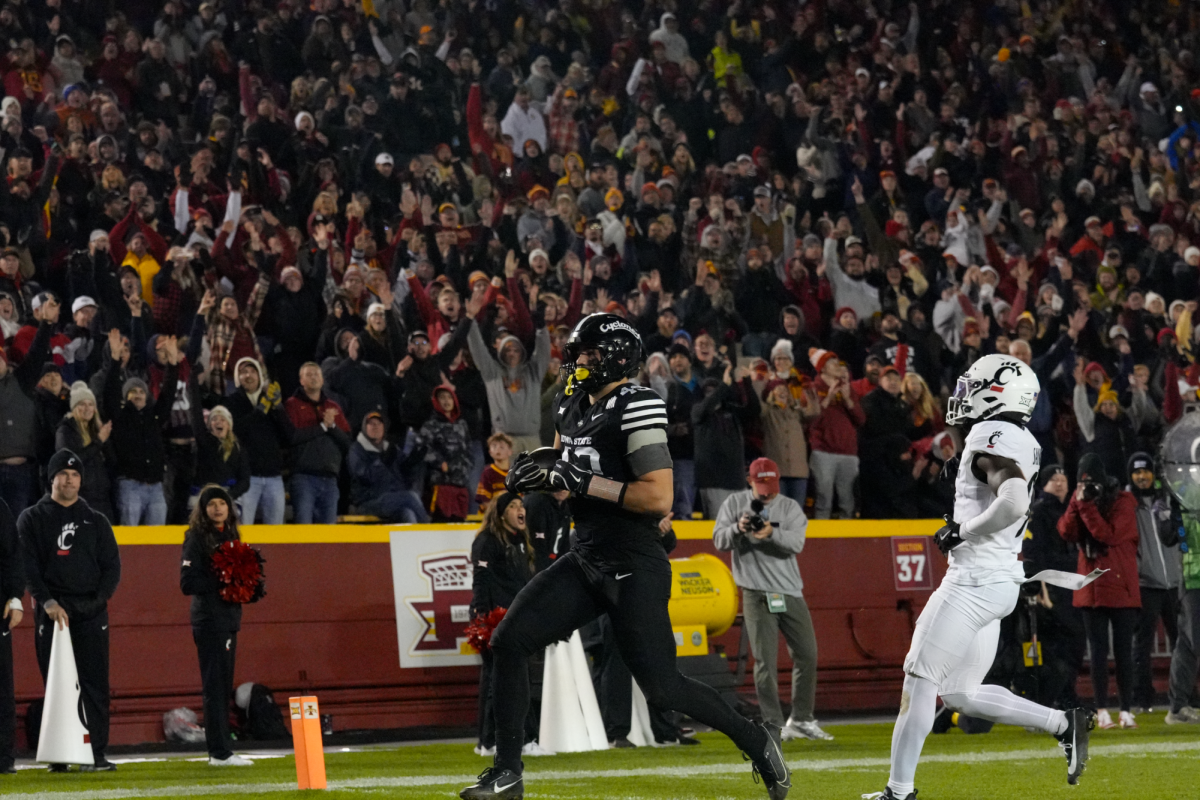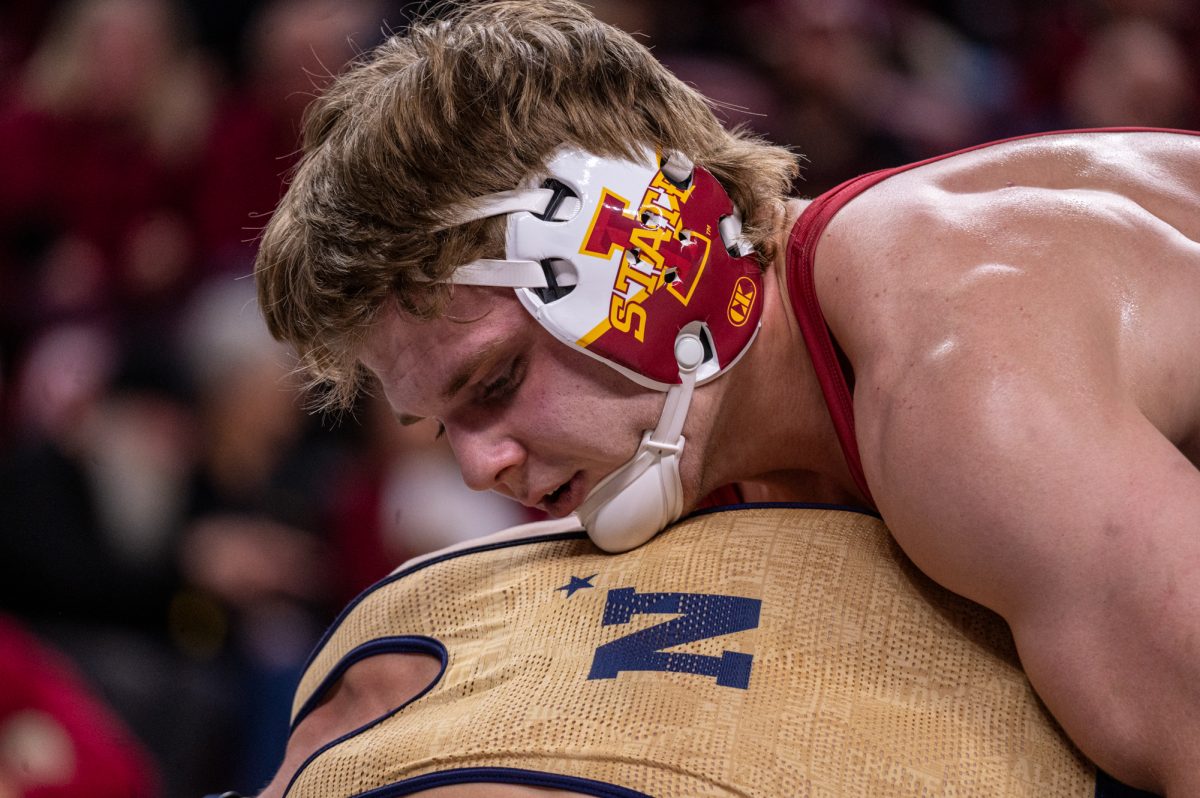Bike ride to help disabled
April 4, 2002
Four ISU fraternity members will help give Americans with disabilities a “shove” this summer as they bike across the United States as part of Pi Kappa Phi’s annual Journey of Hope.
The bike ride, an initiative of the organization’s Push America project, will span from San Francisco to Washington, D.C., to raise money for disabled people. The 70 students from across the country will traverse 3,900 miles, an opportunity too good for Jake Adrian, Pi Kappa Phi member and senior in liberal studies, to pass up.
“The first year I came to school the guy I roomed with had just done it,” said Adrian. “We sat there for probably an hour talking about it and looking at pictures. The second I did that, I was hooked.”
Adrian will ride with three other Pi Kappa Phi participants this summer: Kent Krager, senior in agricultural business; Evan Pike, senior in biochemistry; and Josh Sheffler, sophomore in pre-business.
Beginning with Pi Kappa Phi alumnus Bruce Roger’s inaugural expedition in 1987, Journey of Hope has evolved into a fundraising powerhouse, amassing half a million dollars last year through student fundraising efforts, donations and corporate sponsorships.
Push America officials are expecting a similar figure this year. More than half of these funds will come from the bikers, as each is required to raise $4,000 dollars to qualify for the 63-day journey.
“[The money] goes to benefit the projects and programs of Push America,” said Basil Lyberg, director of cycling events.
“Organizations will apply for grants and the money will go to helping maintain facilities and building projects.”
Biking an average of 75 miles a day, members will embark on the trip June 2, stopping in cities to work with developmentally disabled people and local organizations.
“We’re trying to reach out to communities to focus on people with disabilities,” Lyberg said. “Our goal is to reach those communities and raise awareness as well as highlight the local efforts being made on behalf of people with disabilities.”
The biking is only the beginning of the day, Lyberg said, as members will also host or attend other events in an effort to get to know the people in the respective communities.
“You could be spending your whole day with someone who has a mental disability, so it’s really one-on-one contact,” Adrian said.
Despite longer legs of the journey that reach nearly 120 miles, most members are relatively inexperienced riders, Lyberg said.
“I would say 80 percent, if not more, haven’t ridden a bike since grade school,” Lyberg said.
“They’re usually in it for the experience to go out and effect change in people’s lives.”






